Horror Novelist Stephen King Claims “Lawyering Up Is What Members Of Organized Cartels Do”

Horror novelist Stephen King, known for Pet Sematary, Carrie, The Dark Tower, and The Shining, recently took to Twitter to claim that obtaining a lawyer to defend oneself is only suited for organized criminal cartels.

King’s absurd claim came as he tried to take another swipe at President Donald Trump and his supporters.
He wrote on Twitter, “Lawyering up is what members of organized cartels do, using due process as a holding action.”
“Lose, appeal. Lose, appeal. Run out the clock. This is how Trump andhis cronies are dealing with their political afterlives,” he added.

Due Process is actually guaranteed under the Constitution of the United States of America.
The Fifth Amendment states, “No person shall be held to answer for a capital, or otherwise infamous crime, unless on a presentment or indictment of a grand jury, except in cases arising in the land or naval forces, or in the militia, when in actual service in time of war or public danger; nor shall any person be subject for the same offense to be twice put in jeopardy of life or limb; nor shall be compelled in any criminal case to be a witness against himself, nor be deprived of life, liberty, or property, without due process of law; nor shall private property be taken for public use, without just compensation.”
Section 1 of The Fourteenth Amendment also says, “All persons born or naturalized in the United States, and subject to the jurisdiction thereof, are citizens of the United States and of the State wherein they reside. No State shall make or enforce any law which shall abridge the privileges or immunities of citizens of the United States; nor shall any State deprive any person of life, liberty, or property, without due process of law; nor deny to any person within its jurisdiction the equal protection of the laws.”
As the Legal Information Institute notes the command for the State not to “deprive any person of life, liberty, or property, without due process of law” is the only command stated twice in the Constitution.

While due process is guaranteed under the Constitution of the United States of America as the American Bar Association notes, “Not often does a losing party have an automatic right of appeal.”
“There usually must be a legal basis for the appeal an alleged material error in the trial not just the fact that the losing party didn’t like the verdict,” they add.
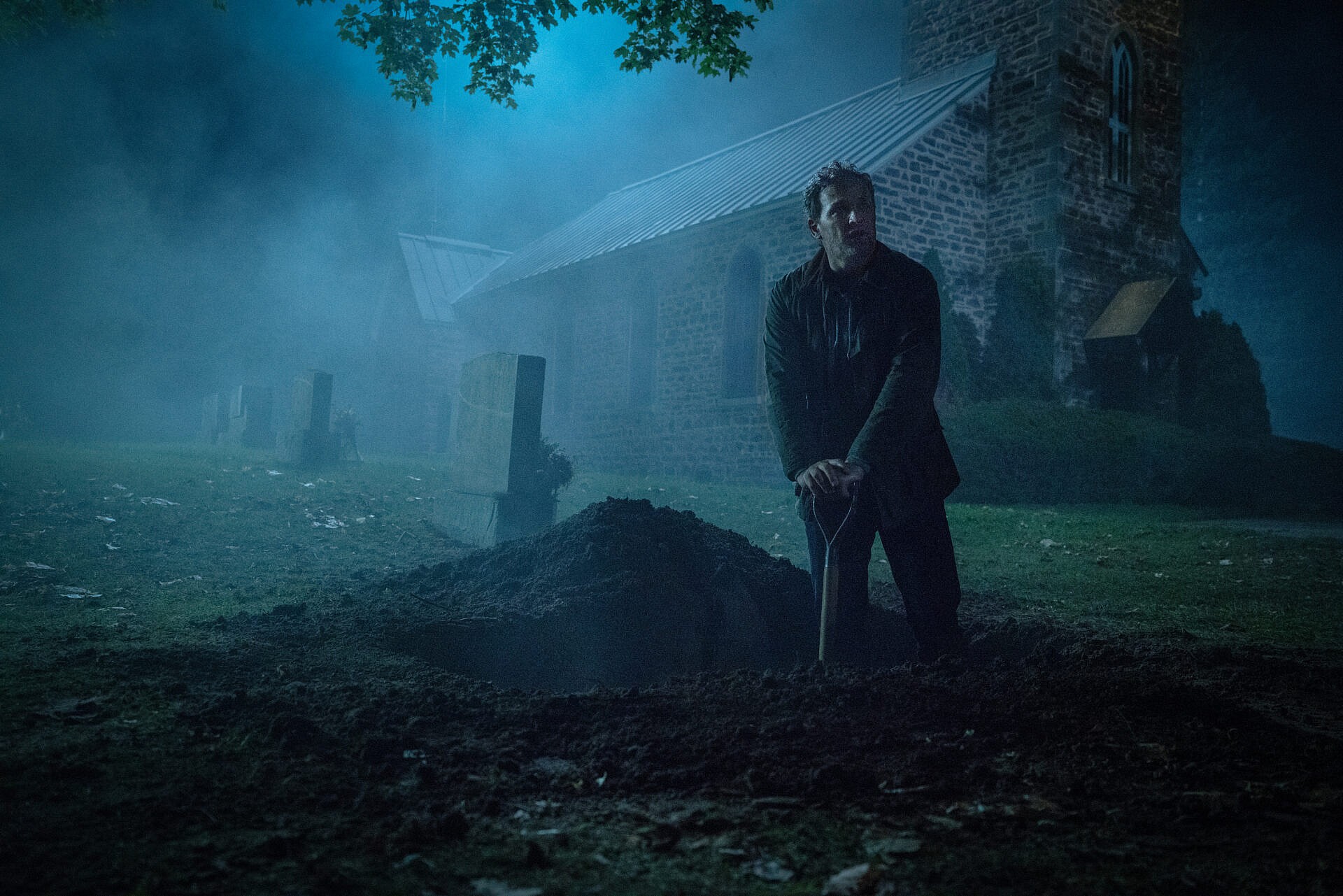
As for the purpose of an appeal, Florida’s Fourth District Court of Appeal explains, “The purpose of an appeal is to review decisions of the trial court or lower tribunal to determine if harmful legal error has occurred. Legal error is harmful if it affects the outcome of the case.”
“Appeals are not trials and are not intended to give a litigant a second opportunity to reargue the facts of his or her case. The appellate court does not serve as a second jury,” they add.
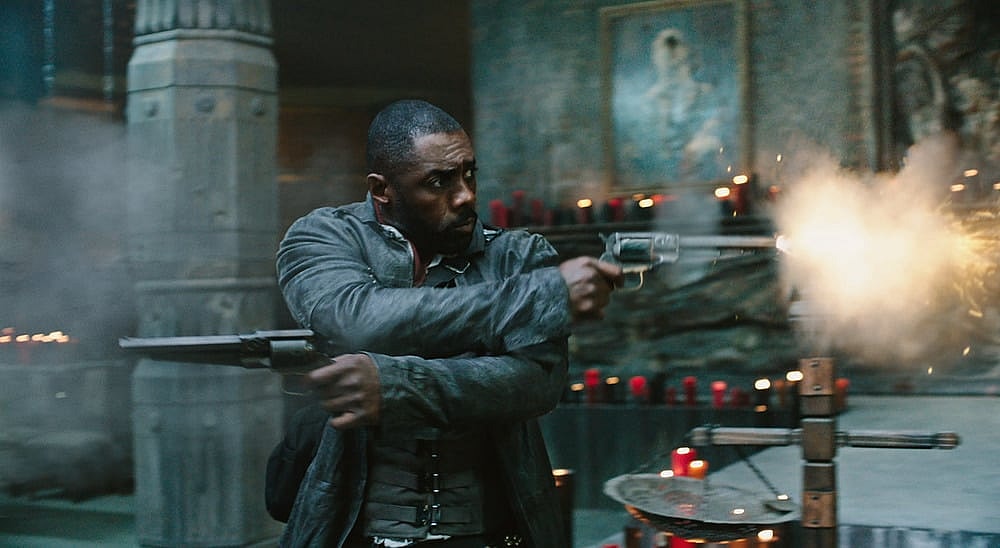
However, Mary Sarah Bilder in the Hastings Law Journal claims the origin of our current system began with a very different idea, one where “a higher tribunal could completely and broadly rehear and redecide not only the law, but also the entire facts of a case.”
She adds, “Moreover, the legal procedure called ‘the appeal’ represented a substantive theory of justice, emphasizing the importance of equity and a particular attitude towards the hierarchy of authority.”
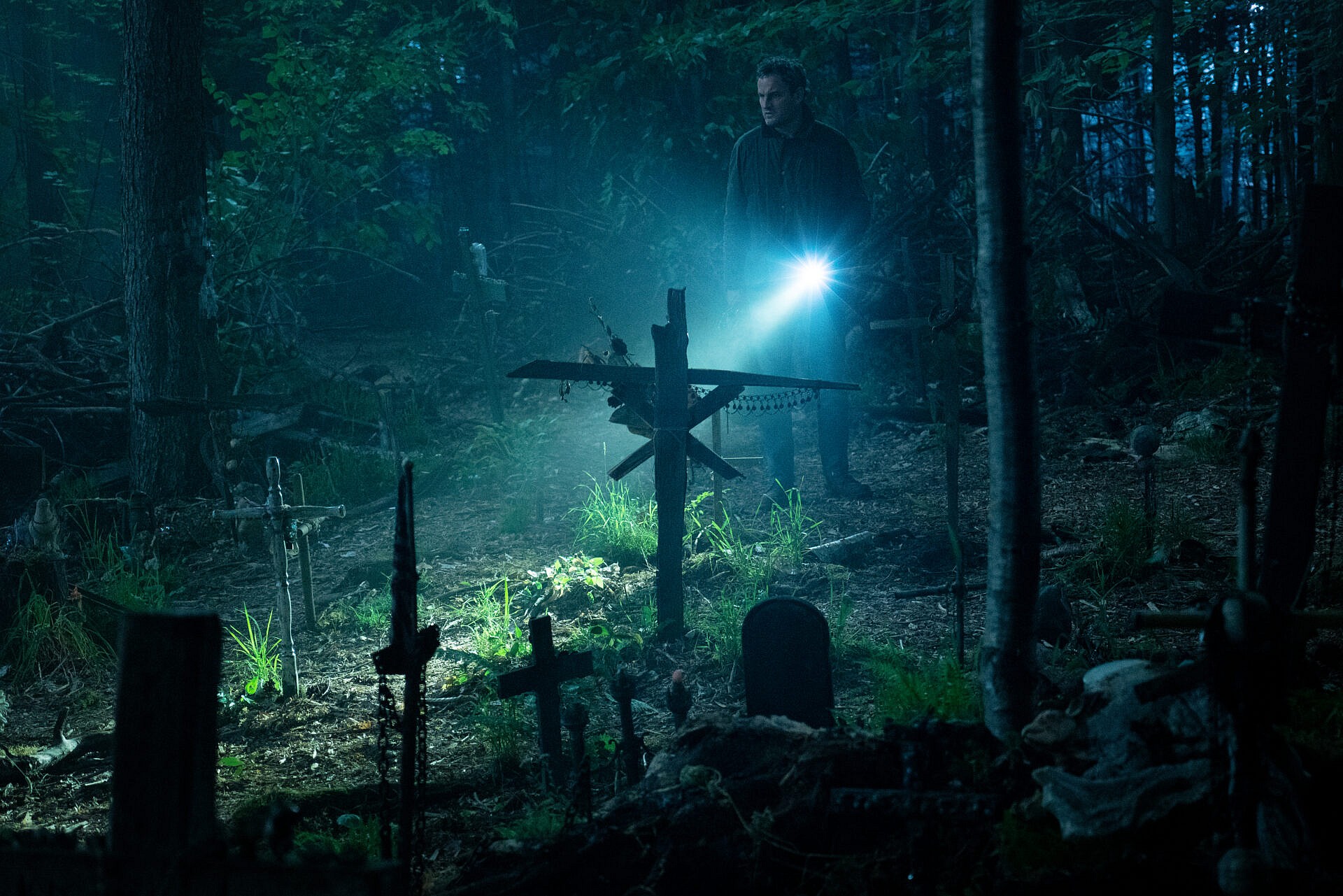
RELATED: Stephen King Awakens Woke Cancel Culture Mob: “I Would Never Consider Diversity in Matters of Art”
Bilder goes on to explain that this system would eventually be replaced or combined “with the more traditional review procedures of the common law: the writ of error and the writ of ceritorari.”
In fact she notes, “And by the eighteenth and nineteenth centuries, these more common-law-like procedures had significantly narrowed the possibilities of review—for example, courts only permitted redress for errors of law shown in the written record of the case, similar to procedures in England.”

Nevertheless, King’s claim about President Donald Trump and his supporters appealing decisions in order to run out the clock doesn’t really hold any salt either.
The American Bar Association explains, “If the appeals court affirms the lower court’s judgment, the case ends, unless the losing party appeals to a higher court.”
There are only a certain number of higher courts ending with the Supreme Court of the United States.
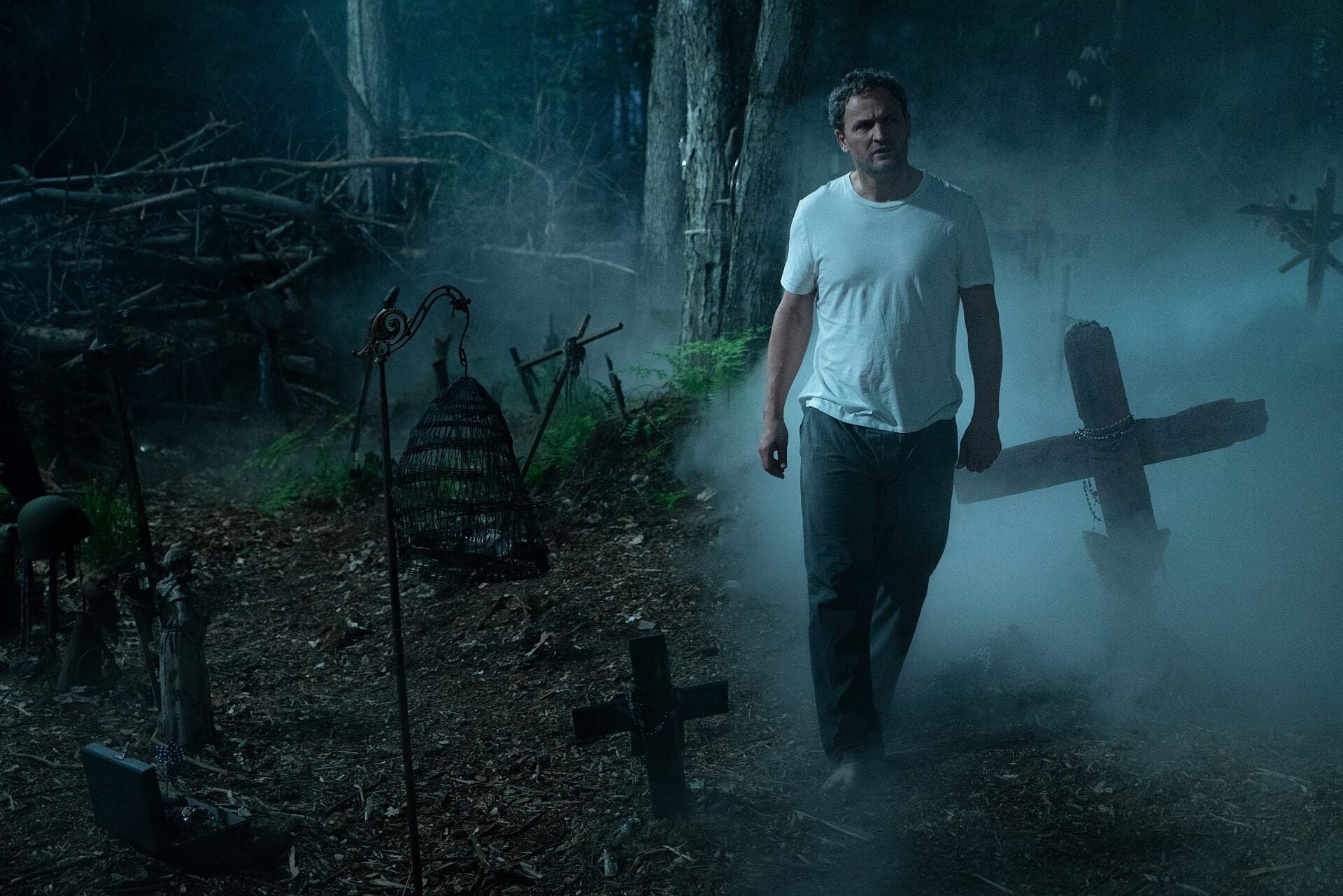
However, the American Bar Association also explains what happens if the appellate court reverses the lower court’s decision. They state, “If the judgment is reversed, the appellate court will usually send the case back to a lower court ( remand it) and order the trial court to take further action.”
They add, “It may order that: a new trial be held, the trial court’s judgment be modified or corrected, the trial court reconsider the facts, take additional evidence, or consider the case in light of a recent decision by the appellate court.”
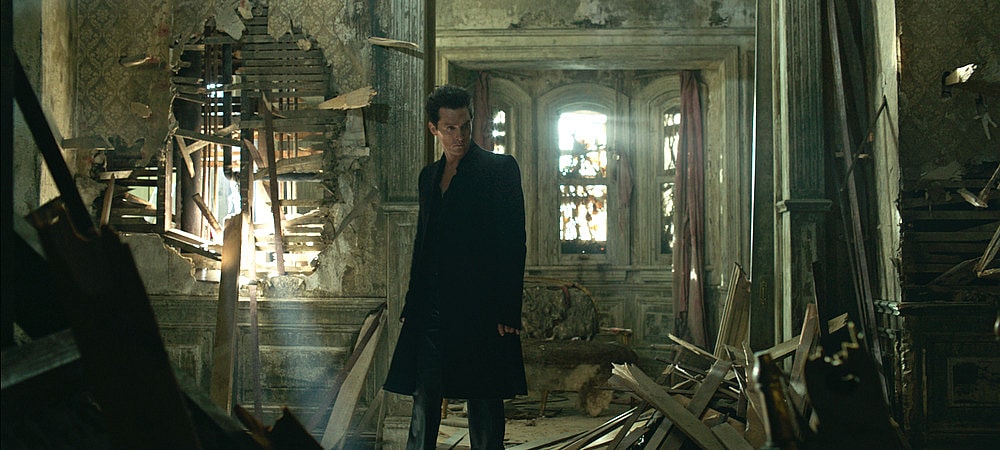
What do you make of Stephen King going after one of the fundamental guarantees of the Constitution of the United States of America?
NEXT: Horror Icon Stephen King Blasts President Trump: “Bullyragging, Racist, Overweening…”
